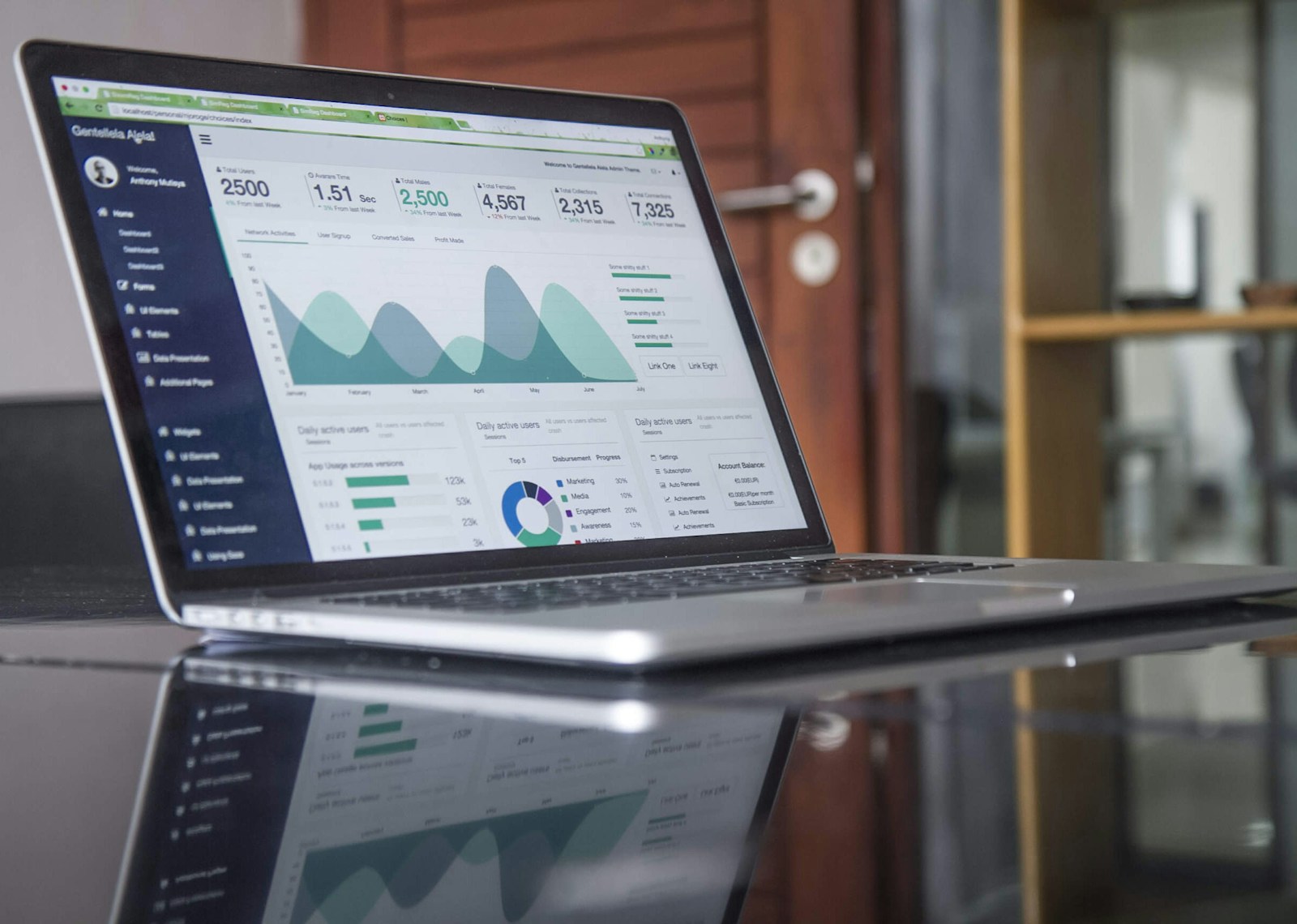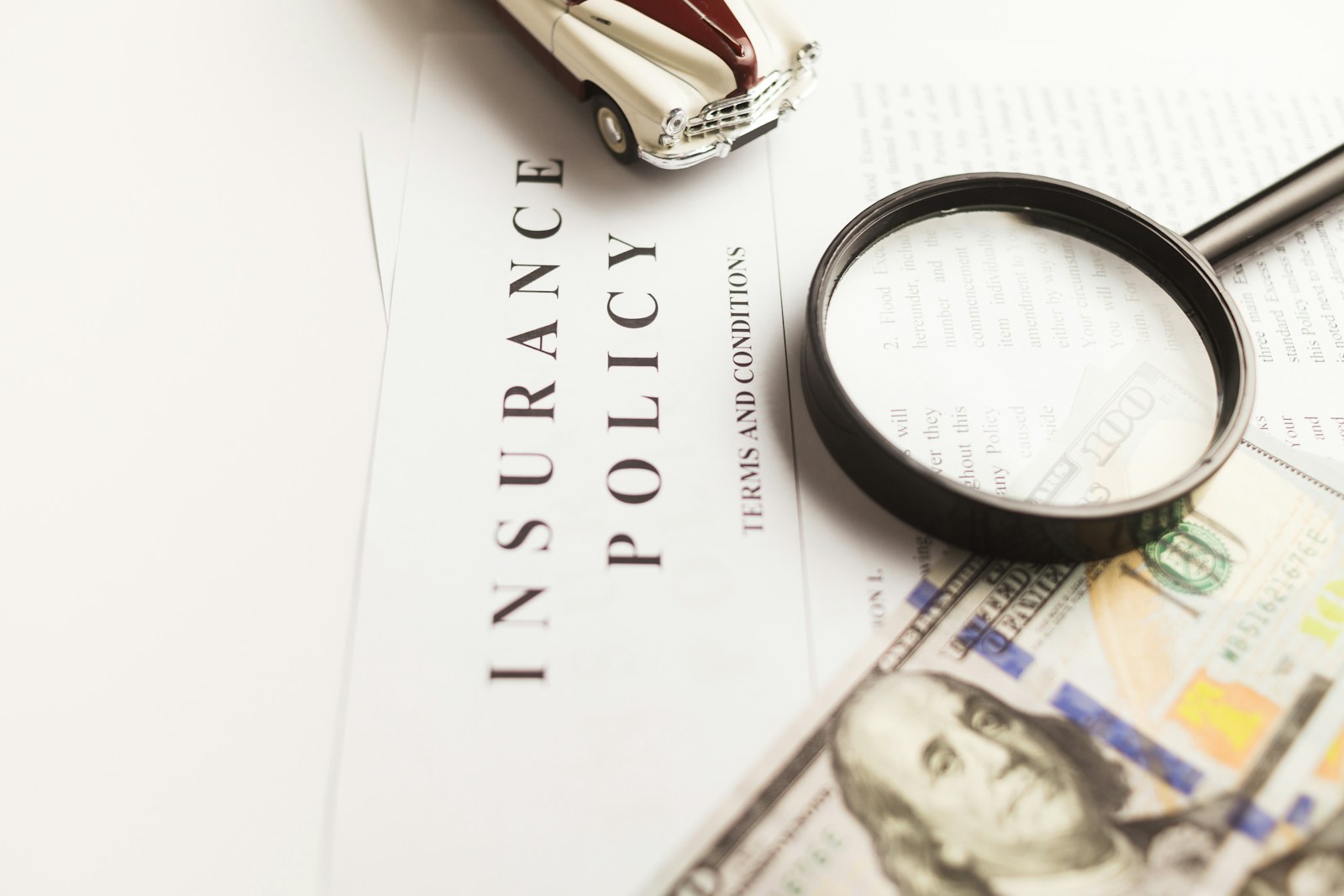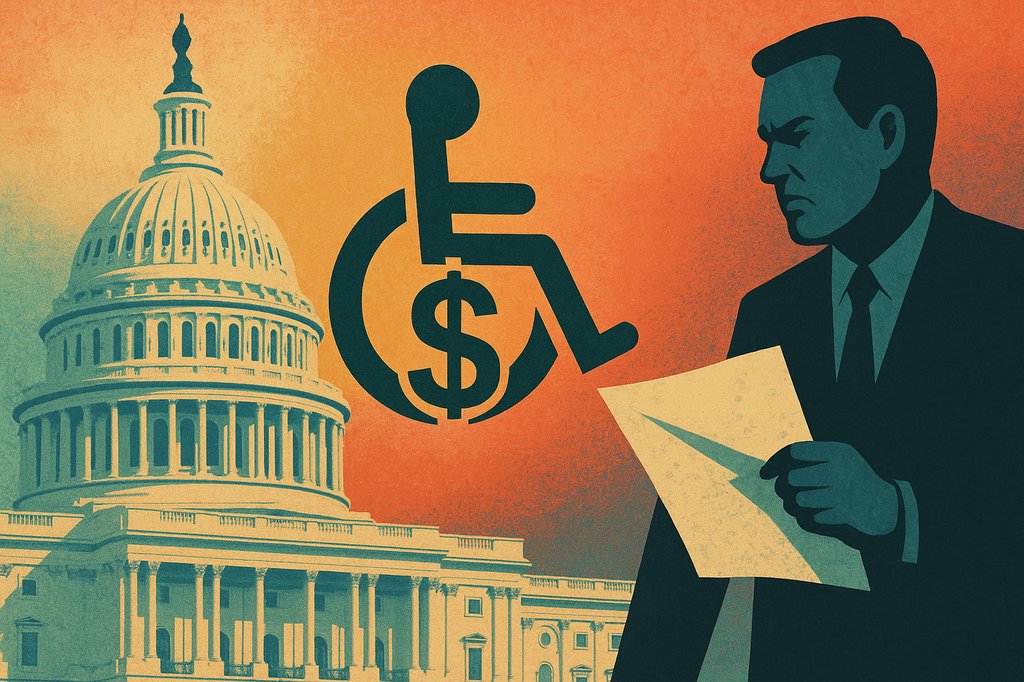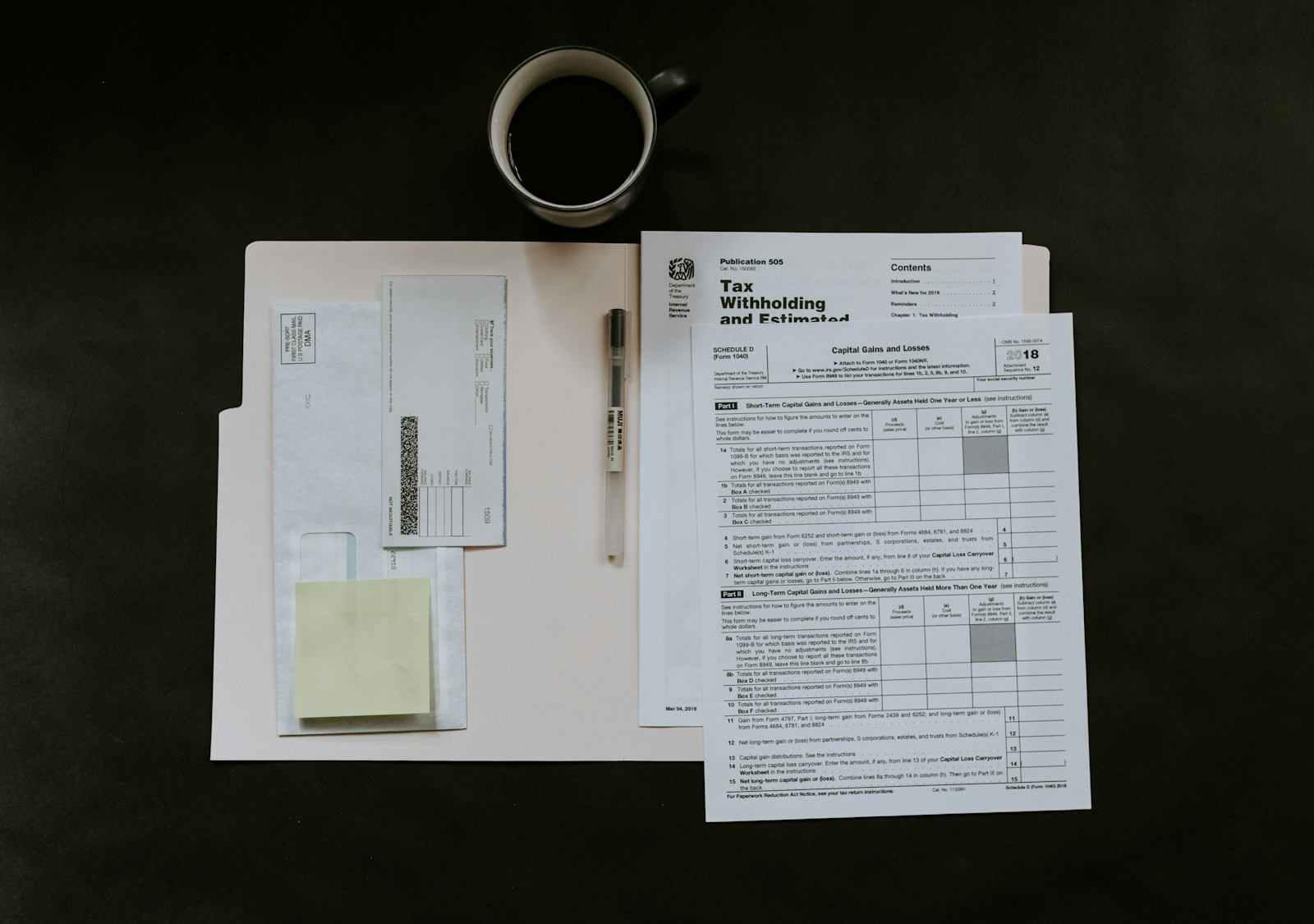Loss of Privacy

by Elaine Simpson
Privacy, in its simplest definition, is the state or condition of being free from being observed or disturbed by others. Information privacy is the right to have some control over how your personal information is collected and used. Human beings value their privacy. Expanding digital resources and advanced electronic technology are being used to create “zero- touch” rental environments. Does this threaten the privacy of our residents?
Technology has its advantages, but it also has a lot of social and ethical implications that cause concern and privacy is one of them. Electronic surveillance, availability of personal information through internet technology and workplace/home environment monitoring are just a few areas that add to the concern.
Have you ever Googled your name? Of course you have Googled your name before, but what did you find out about yourself? You were probably very surprised at what personal information came up with a simple internet search. Your personal data comes from online databases accessed by internet search engines. Your age, birthday, employment or lack thereof and current and previous addresses are “out there”. Misuse of the information and the crime of identity theft can occur when a database of public records also contains your Social Security number, credit card numbers and banking information!
Have you ever received a traffic ticket in the mail for speeding or running a light but you never saw a law enforcement officer? Most of us have encountered electronic surveillance like this before. Cameras and audio devices are now rather commonplace and used as a crime deterrent by recording our conversations and actions. Surveillance technology is used in banks, stores and businesses without much of a disclosure requirement, although one generally can see the cameras in use and a posted sign or two. They don’t ask for your permission to record you.
According to J. Heaney, an expert in this field, the court decisions related to privacy issues in most countries lead to two rules that most institutions now follow: “the right of privacy is not absolute and must be balanced against the needs of society” and “the public’s right to know is superior to the individual’s right of privacy.” Other than these “rules”, the privacy laws in the U.S. , according to Forbes, are “antiquated notions of notice and choice” and are ”inadequate to address the rapid evolution in technology, computer science and artificial intelligence”. One thing is sure and that is it is okay for a property owner to use surveillance devices to protect private property.
Are there disclosure requirements for installing cameras and microphones in a residential or workplace environment? Without knowledge or consent there is no opting out of this data intensive world. What can we do? We can use privacy settings and “tools” to hold companies accountable for misuse of our information!
What other issues has this created? Fear of making a mistake, censorship, loss of freedom due to intrusion and exposure? Laws vary from state to state about disclosure of surveillance so check with your local authorities, however, some points apply across the board. Cameras cannot be used in bathrooms, bedrooms, or anywhere a person might get undressed. Many states say that residents have a reasonable expectation of privacy inside their home but any space considered “public” can be monitored.
It is illegal to install hidden cameras anywhere on private property so cameras must be visible. You must notify the residents that cameras are in use in the community or on property. This can be accomplished by adding a clause in the property’s residential lease.
In some states, due to Federal wiretapping laws, audio recording must also be disclosed in order to avoid breaking the law by having all parties give consent.
If you are going to use surveillance cameras and audio on your property, here are a few things to keep in mind:
- Evaluate your property to determine what kind of system will work best for the spaces you need to monitor. Do you want a hard-wired or WiFi system and how many cameras will you need? Placement of the cameras determines whether they are legal or illegal. Public areas may include mail/delivery rooms, building exits and entries, elevators, staircases, pool areas, game rooms or any other public areas.
- Determine proper camera positioning for each camera. Avoid backlighting and lens flare (light being scattered due to a bright light nearby) which will make your images useless.
- Install your cameras out of reach to avoid tampering or easily being disabled.
- If using a WiFi camera system, check your WiFi strength. The further away your cameras are from the router, the higher the probability you will have signal problems.
- Program and test your system and periodically check the audio/video quality.
- In most states, if audio is recorded and you have informed the tenants of being recorded, any conversation that they choose to have in front of a camera is counted as consent. In some states, however, you must have consent from every tenant to be able to record audio.
- Be informed that residents may install their own cameras inside their homes as long as they do not damage the property.
Occupancy Solutions will continue to explore and report on issues affecting property management.








